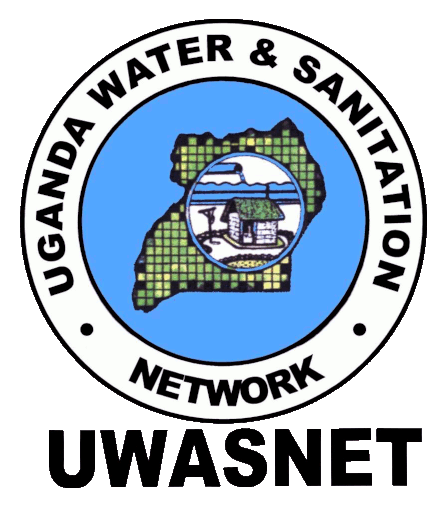
UWASNET with support from the Water Supply and Sanitation Collaborative Council (WSSCC), now Sanitation and Hygiene Fund (SHF), commissioned a study to assess the extent of exclusion among the marginalised groups with particular focus on girls in informal settlements, refugees, and Peoples with Disabilities-PWDs and the responsible factors for exclusion, in order to come up with actionable recommendations on what needs to be done to change the status quo.
The assessment was completed in October 2020 and will be disseminated with key sector stakeholders including Ministry of Water and Environment, Ministry of Education and Sports, Ministry of Health, CSOs, District Local Governments, media, Members of Parliament etc.
The specific objectives of the study were to;
- Review the current policies and legal frameworks that guide the implementation of sanitation and MHH in Uganda
- Establish the current level of service delivery for sanitation and MHH in Uganda
- Investigate the extent of exclusion among the marginalised groups (Girls, Refugees and PWDs) and factors responsible for exclusion
- Recommend possible actions both at policy and practice to meet the needs of the marginalised and excluded in accessing sanitation and MHH services
While the study was majorly qualitative in nature; the assessment also used statistical data based on existing data sets such as the Uganda Bureau of Statistics (UBOS) data; data from the WASH sector such as the Water and Environment Sector Report (2020); and the JMP/WHO-UNICEF data on WASH.
The Consultant conducted in-depth interviews with national-level actors from the relevant national-level Ministries of Health; Education and Sports; Ministry of Gender, Labour and Social Development, Ministry of Water and Environment to provide an overview of the gender, social inclusion and MHM dynamics in Uganda, and information on factors that are responsible for limited access to sanitation, hygiene and MHM for the groups that are socially excluded. The multi-sectoral approach was also considered for selection of the district-level respondents, with representation from water, health, education, and community development departments at the districts. Due to limited time and being a rapid assessment, it was not possible to interview key informants from the sub county level as planned.
You can download the detailed report using this link https://uwasnet.org/wp-content/uploads/publication/Rapid-Assessment-a-Factors-Leading-to-Exclusion-of-Sanitation-2C-Hygiene-a-MHH-in-Uganda/Rapid-Assessment-Report-on-MHM_Draft_UWASNET_27102020.pdf
OR you can go to the UWASNET website, click on under Resources, click on the Publications and Reports
